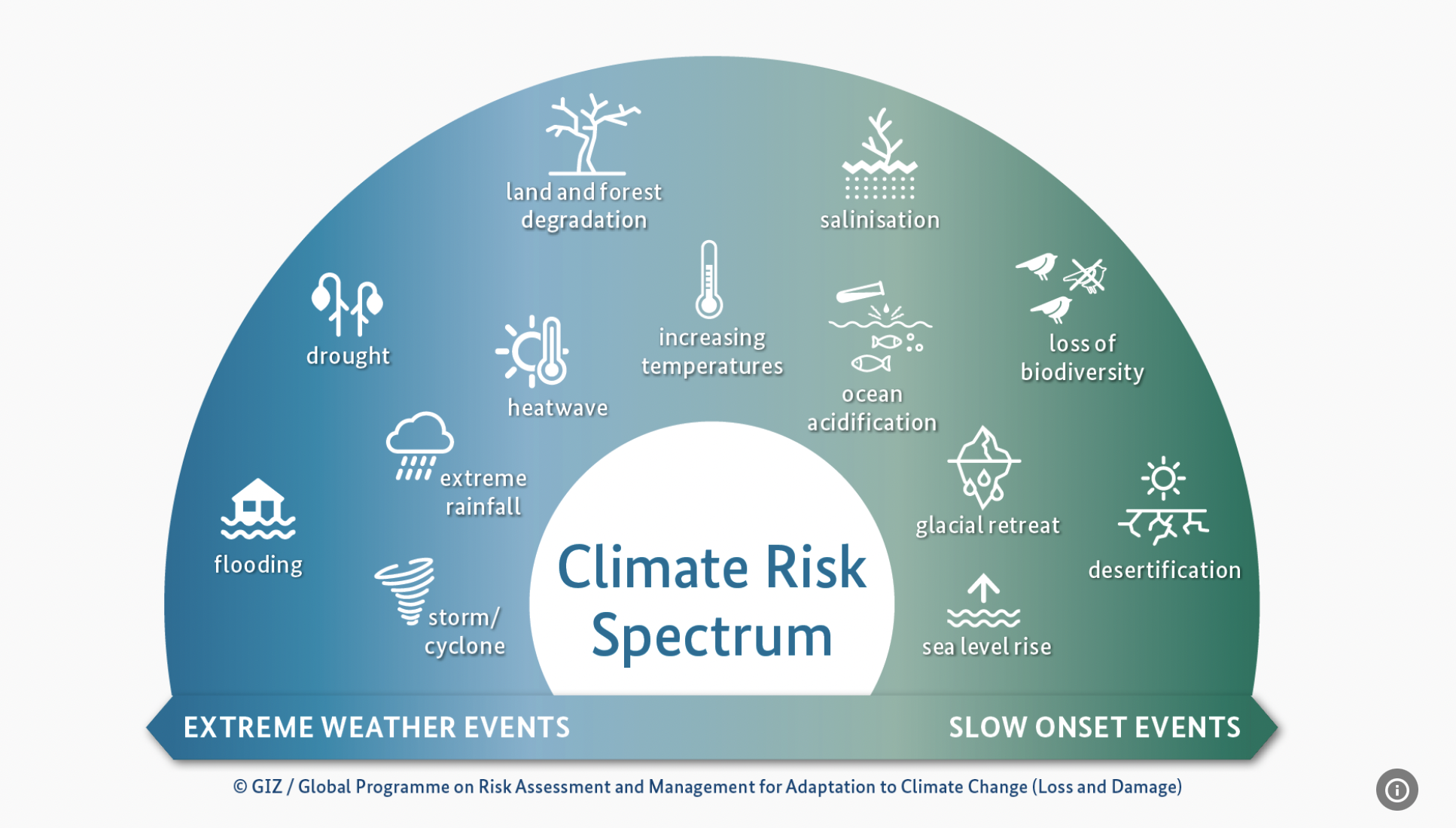How better metrics on climate risk can accelerate progress to net zero

Events such as Hurricane Ida in 2021 have highlighted the need for better financial metrics on climate risk Image: Brian McGowan on Unsplash
- Managing climate risks and transitioning to a net zero economy has become a top priority for investors and insurers.
- Accurate pricing of climate risk is the first step to ensure an orderly transition.
- Taking an asset-by-asset approach to company valuations provides a more meaningful view of what may happen to a company, industry or country during this transition.
In the insurance business, we are used to painful wake-up calls. I personally witnessed the devastation caused by Hurricane Ida in my home city of New York, which caused more than 100 deaths across the country last year. It is estimated to join the top costliest hurricanes measured by insured losses along with Katrina in 2005 and Sandy in 2012.
When flood waters come close to Wall Street, in one of the richest cities in the richest country in the world, we know we have a perfect storm to demonstrate the need for action on climate change and secure a more resilient future for all. At Willis Towers Watson, where I am CEO, enabling our clients to manage climate risks and transition to a net zero economy is among our top priorities.
Policymakers already know what’s required to avoid catastrophic climate change. The 1.5°C target to limit global warming above pre-industrial levels was settled at Paris in 2015, and yet current commitments to cut emissions put us on track for 2.7°C warming, according to a report from the United Nations Framework Convention on Climate Change.
An orderly climate transition
Accurate pricing of climate risk is the first step to ensure an orderly transition. Wall Street and the global financial system that has funded a fossil-fuel economy must now be at the heart of the transition to a net zero and resilient economy. But accurate pricing requires transparent information. We are only just beginning to understand the financial impact that the huge social and economic transformation required to meet the 1.5°C Paris target and adapt to climate change will have on investors, industries, companies and countries.

Any investor today has to think about the financial implications of every major risk they're running in their investment portfolio. In our view, climate transition risk, i.e., climate-related changes to policy, market and consumer behaviors, is one of the largest risks for any investor.
Climate-related indices have proliferated in recent years. It’s a welcome trend, but they are unlikely to tell you much about the financial impact of policy or market changes beyond a price on carbon or carbon exposure, and they often rely on historical emissions data. Nor do they tell you much about structural shifts in consumer behavior.
We think that carbon exposure only accounts for a small proportion of climate-related financial risk and using carbon as a proxy for risk may in fact distort the real picture for investors. Metrics that are both financial and forward looking provide a higher resolution view of risk and opportunity in the transition. Taking a bottom-up, asset-by-asset approach to company valuations provides a more meaningful view of what may happen to a company, industry or country during a transition consistent with the goals of Paris.
What’s the World Economic Forum doing about climate change?
This approach reduces the capital allocation to companies with the largest transition risk, which reduces financial risk to investors. It facilitates the repricing of climate risks, allowing capital markets to align with government policy. It also increases capital allocation to the companies that stand to gain from the climate transition and hence offers potential for improved returns. Finally, it brings transparency at the company level, which helps identify what companies can do to mitigate climate transition risk and be a part of the solution.
Climate transition represents a huge addressable market but we recognize the urgent need to develop practical tools that can enable organizations to transition to a climate-resilient economy and benefit society at large. Understanding climate risk through a robust, forward-looking financial metric is the essential next step in that evolution that will ensure capital flows where it is needed in the climate decade ahead.
Don't miss any update on this topic
Create a free account and access your personalized content collection with our latest publications and analyses.
License and Republishing
World Economic Forum articles may be republished in accordance with the Creative Commons Attribution-NonCommercial-NoDerivatives 4.0 International Public License, and in accordance with our Terms of Use.
The views expressed in this article are those of the author alone and not the World Economic Forum.
Stay up to date:
Insurance
Related topics:
Forum Stories newsletter
Bringing you weekly curated insights and analysis on the global issues that matter.
More on Climate Action and Waste Reduction See all
Planet in focus: The technologies helping restore balance – and other news to watch in frontier tech
Jeremy Jurgens
November 13, 2025






